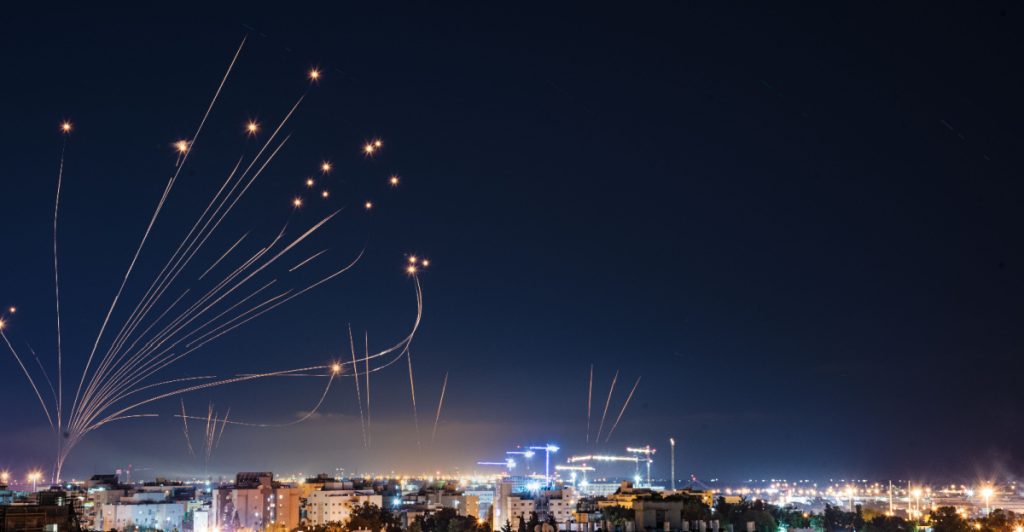Iran’s Missiles Are Now Outpacing Israel’s Iron Dome, Ex-Intelligence Official Warns
Others are reading now
The Iron Dome has long been a symbol of Israel’s technological edge. But new developments from Iran may be tilting that balance in unexpected ways.
As the war between Israel and Iran deepens, so too do the questions about the future of military defense.
Among them is a growing concern over whether cutting-edge systems like the Iron Dome can keep pace with rapidly evolving threats.
In times of prolonged conflict, even the most sophisticated shields can show signs of strain.
Also read
Warning times shrinking as missile speeds increase
Only 65% of the missiles launched by Iran in the past 24 hours were intercepted by Israel’s Iron Dome, compared to nearly 90% just a day earlier, according to a former senior Israeli intelligence official who spoke with NBC News and was quoted by HotNews.
The official, who remains briefed by the government but spoke anonymously due to the sensitivity of the data, said Iran’s missiles are not only faster, they’re also harder to track.
He explained that missiles previously gave Israel around 10–11 minutes of warning before impact. That window has now shrunk to just 6–7 minutes in some cases, offering significantly less time to prepare defenses.
This suggests the projectiles are both quicker and more technically advanced, posing a major challenge to Israel’s interception systems.
Precision and persistence from Tehran
According to the same official, Iran’s latest arsenal includes advanced navigation systems that allow for more accurate targeting, even in the final phase of flight.
One strike, for example, reportedly hit a hospital in Beersheba with precision. That level of targeting is seen as a troubling escalation.
What’s more, the source said Iran still possesses a deep reserve of missiles and has adopted a strategy of “long-term retaliation.”
Despite heavy losses at the leadership level, Iran’s military capabilities remain substantial, and its posture has shifted to what he called “strategic patience” — a sign, perhaps, that this conflict is far from nearing its end.


